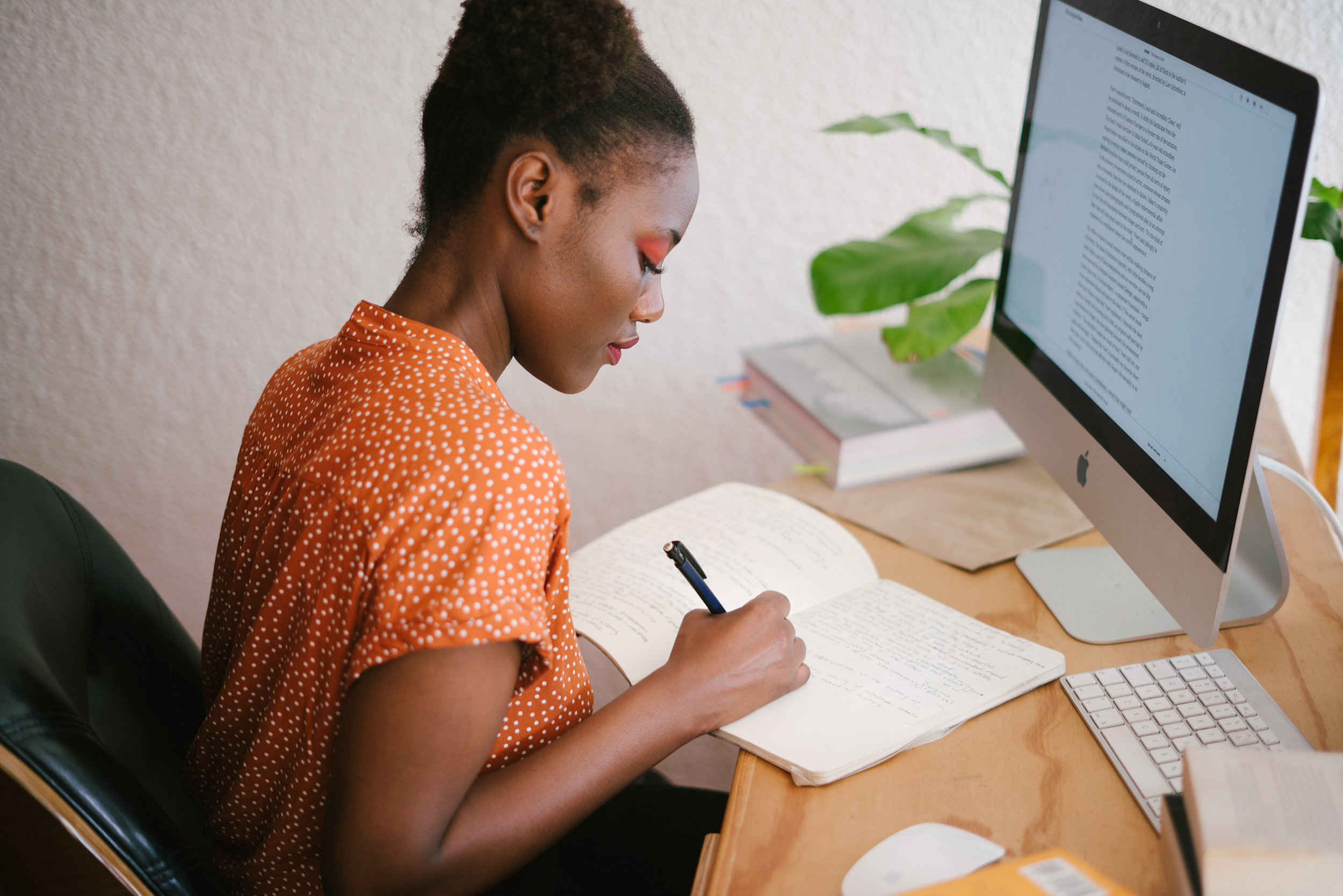By Emma Seppala on Mon, Mar 9, 2020
Why Adderall and stimulants backfire for productivity—and what to do instead.
Get more done faster and better. That seems to be everyone’s modus operandi these days. You too may be resolving to become more efficient by procrastinating less, sticking to your to-do lists, and organizing your calendar better.
Unfortunately, it doesn’t stop there anymore: Obsessions with efficiency have reached extraordinary levels. One of the latest and most personally jarring examples is the companies springing up around food hacking: that is, developing efficient food replacement products that deliver “optimal” nutrition so you don’t have to waste precious time planning for, shopping for, preparing, cooking, or eating meals. Tellingly, the front page of the website of one of these companies (Soylent) promises “a full day of balanced nutrition made in 3 minutes.” Presumably, these meals—and the pleasure of eating—is like that car-theft movie: Gone in 60 Seconds.
Why Stimulants Backfire
Not many years ago, only a few college students and professionals took Adderall, a prescription psychostimulant (used in the treatment of narcolepsy and attention deficit hyperactivity disorder), or other stimulants to get an advantage. Now students tell me they feel that if they don’t take such stimulants during exam time, they are at a disadvantage! And they are not alone. Professionals have taken to using “brain enhancers,” also called nootropics, to help give them an extra efficiency edge, to curb the need for sleep, and to keep their focus sharp for days on end. Charlie Hoehn, assistant to best-selling author and entrepreneur Tim Ferris, for example, describes how he successfully completed immense workloads using nootropics, staying awake for 60 hours at a time, until he finally burned himself to the ground and quit his job. Caffeine, of course, is the most popular stimulant.
Yet time and again we see that stimulants end up burning us out. Why? Because we’re running on empty.
Why We Stop Showing Up
In the cult of efficiency, obsession with enhanced productivity, and the chase for optimal performance, we forget something important—something that might really be worth creating a resolution around: ourselves. Even if you are not pushing the search for extremes, you may think you are spending quality time with your kids but think nothing of checking your phones and email at the same time. You may be lying in bed resting, but also responding to your colleagues at work. You may be eating your favorite homemade breakfast, but also fitting in writing a quick thank-you letter that needs to go out.
When we’re not multitasking, our minds are wandering. Research shows that our minds are really only fully present 50 percent of the time—if that. The rest of the time, our minds are engaged in thoughts of the past or future.
Here’s How to Be Really Productive (and Much Happier too)
So, given our tendency to multitask and mind-wander, when do we fully show up for our lives: right here, right now—when are we actually at our best with 100 percent attention to one single person or activity, let alone ourselves?
When we’re present. The same researchers who found that our mind wanders 50 percent of the time also found that we are happiest when our mind is not wandering. Even when we are doing things we don’t particularly like! In other words, you could be doing the laundry or taking out the trash, but if you do it with 100 percent attention, you’ll be happier than if you were daydreaming about your next vacation while doing it. The Zen masters have it right.
By being fully present, you will have a greater chance of attaining that marvelous state psychologists call flow—in which you are so totally immersed in the activity at hand that you enter a state of complete absorption—akin to bliss. You have likely experienced flow while fully engaged in a creative activity, or while viewing an awe-inspiring natural landscape, or while connecting deeply with another person. But how about when you are doing your taxes?
The irony is that by being present you become more efficient. Why? Research shows that multitasking—by splitting our attention—harms our ability to remember things and to concentrate. Sure, you are doing more things, but you’re doing them all less well.
So how can you cultivate the ability to be present? Meditation, yoga and breathing are powerful ways. But so is doing any activity 100%: taking a walk without your phone, driving without texting or listening to music, listening to someone with full concentration. Research shows we can train our brain to be more in the moment. We can train our attention to stay with what we are doing.
Of course, it’s not always possible to do one thing at a time. Your baby may be crying and your boss calling at the same time, or you may really need to squeeze a text in while you’re having lunch because it’s urgent. Deal with it, but remember this: It’s when you are present that you are happier and more effective. It’s when you’re present that you are truly aware of what is going on in your life; that you are truly in relationship to yourself and those around you; and that you are immersed in this very moment in time—which is so precious and will, after all, never surface again.




comments